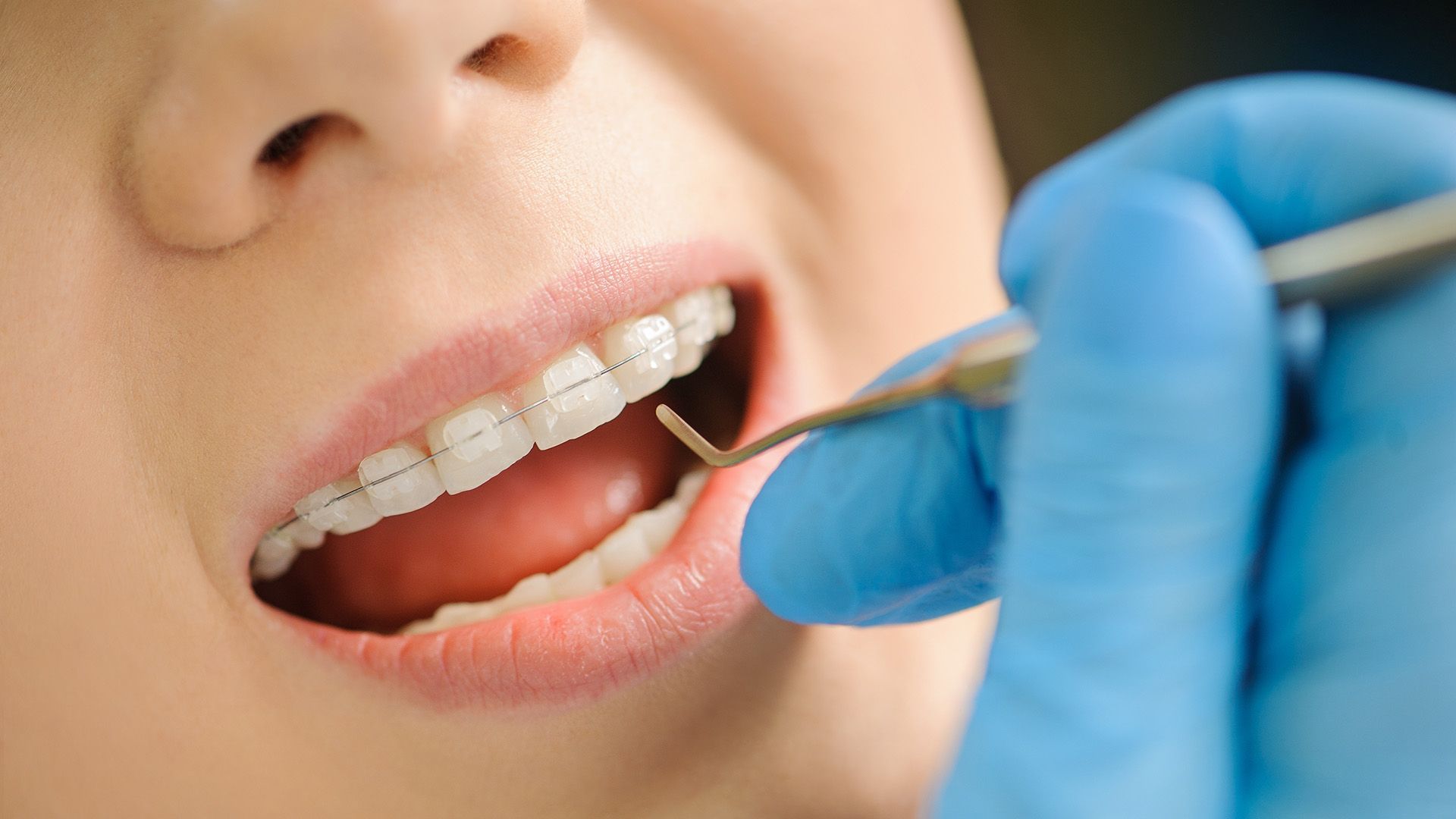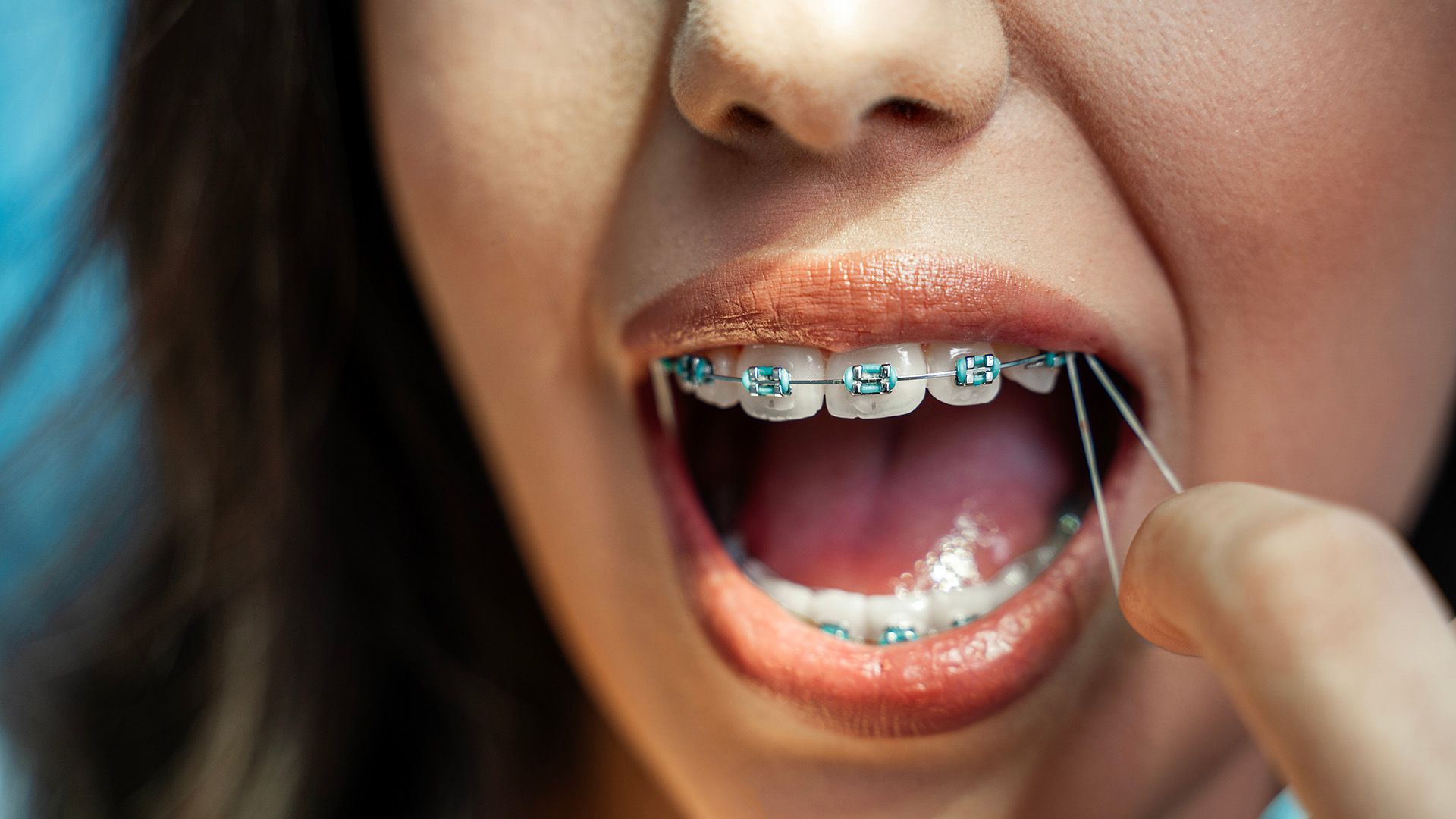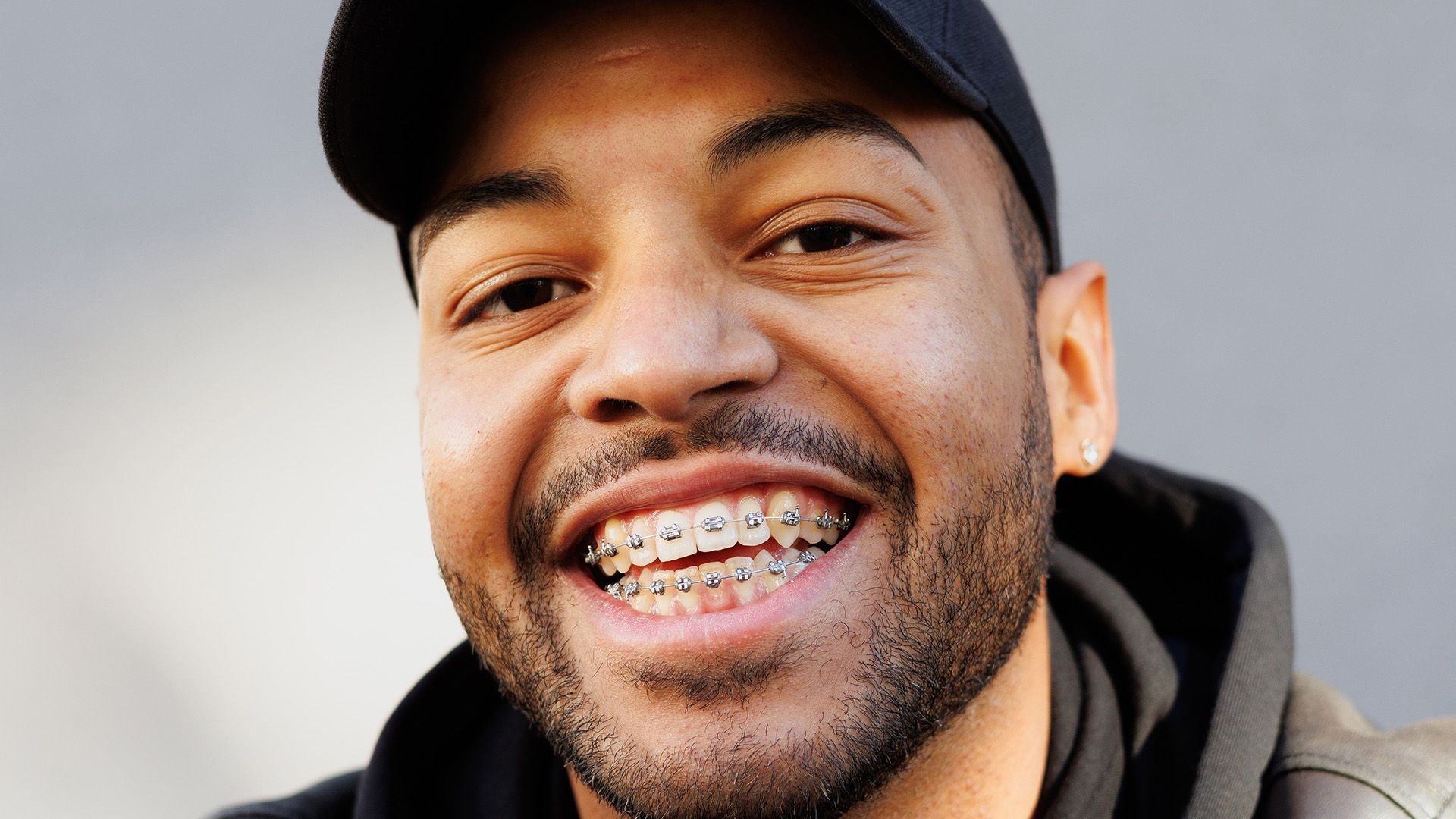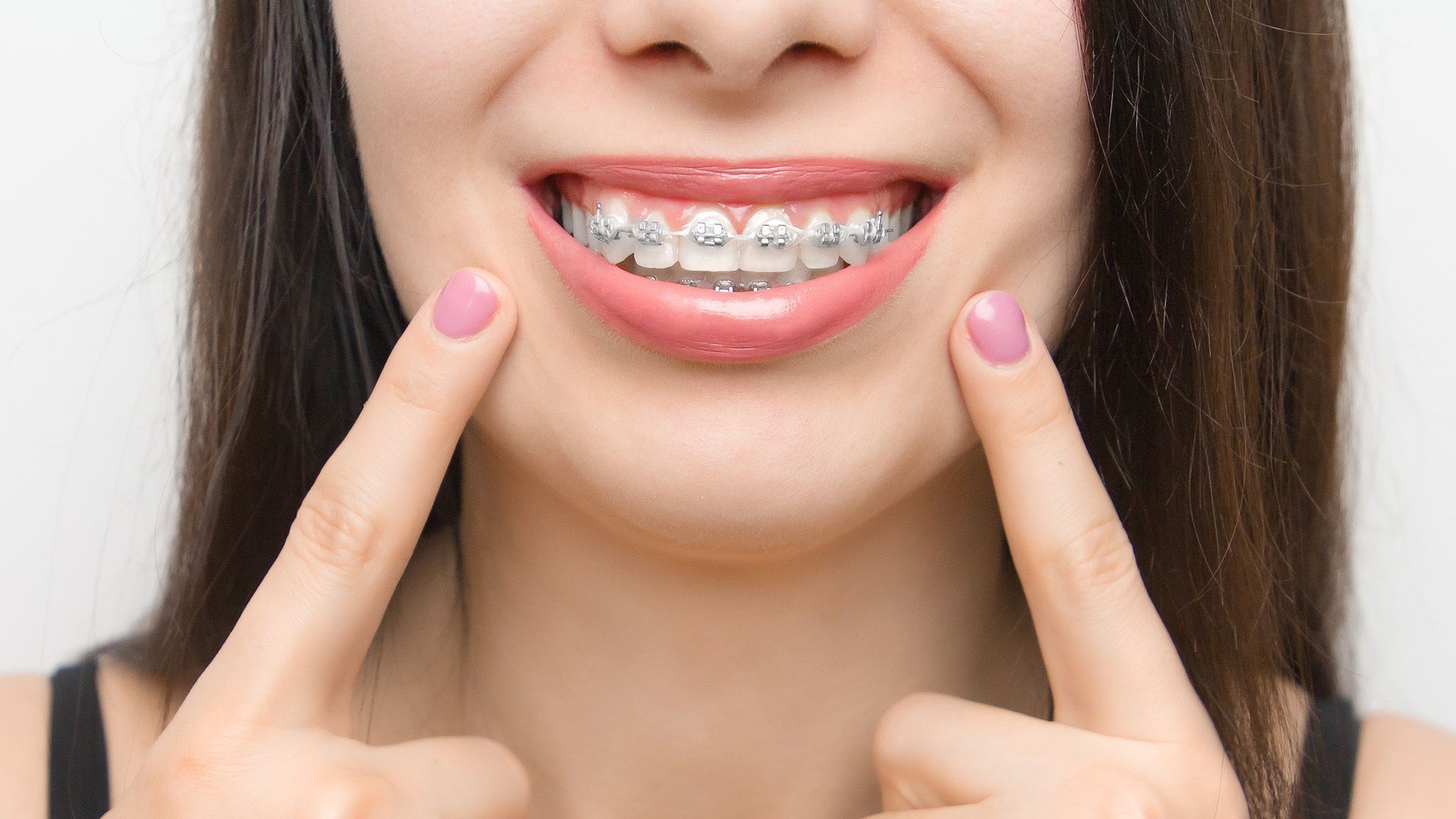What Is the Difference Between a Dentist and an Orthodontist?

When it comes to oral healthcare, understanding the distinct roles of dentists and orthodontists is crucial. While both professionals operate within the field of dentistry, their areas of expertise differ significantly. Knowing what is the difference between a dentist and an orthodontist can help you make informed decisions about your oral health.
The difference between dentists and orthodontists lies in their focus and training. Dentists focus on general oral health, offering a wide range of services such as teeth cleaning, fillings, and extractions. They diagnose and treat various dental issues, including cavities, gum diseases, and oral infections.
Conversely, orthodontists specialize in aligning teeth and jaws. They utilize braces, aligners, and other appliances to correct misaligned teeth, bite problems, and crowded mouths.
Orthodontists undergo additional training beyond dental school to master the field of orthodontics. This specialized knowledge equips them to help patients achieve straighter, healthier smiles.
Whether you need routine dental care or specialized orthodontic treatment, understanding the difference between a dentist and an orthodontist can help you make informed decisions about your oral health needs.
What Does a Dentist Do?
A dentist is a medical professional specializing in oral health. They provide general dental care and maintenance, offering a variety of essential services.
General dental care and maintenance: Dentists play a vital role in helping individuals maintain good oral hygiene. They perform regular check-ups, cleanings, and provide guidance on proper brushing and flossing techniques. By detecting and treating oral health issues early, dentists help prevent more serious problems from developing.
Tooth extraction and fillings: Dentists are skilled in performing tooth extractions, whether simple or complex surgical procedures. They also restore teeth damaged by decay or cavities using fillings made from materials such as amalgam or composite resin.
Treatment of gum diseases: Dentists diagnose and treat gum diseases like gingivitis and periodontitis. They perform deep cleanings, scaling, and root planing to remove plaque and tartar buildup, which can lead to gum inflammation and infection.
What Does an Orthodontist Do?
An orthodontist specializes in the alignment of teeth and jaws, focusing on creating beautiful and functional smiles. Their treatments go beyond regular dental care, addressing bite issues and ensuring proper teeth alignment.
One primary responsibility of an orthodontist is to straighten crooked teeth. They assess each tooth's position and devise a treatment plan to move them into proper alignment. This may involve using braces, wire-based appliances that apply gentle pressure to shift teeth into the desired position. Braces effectively address issues such as overcrowding, gaps, and misaligned teeth.
In addition to braces, orthodontists use other orthodontic appliances to correct dental problems. These include retainers, which maintain teeth alignment after braces removal, and aligners, removable trays that gradually move teeth into the desired position.
Orthodontists also specialize in correcting bite issues. A misaligned bite can cause problems like difficulty chewing, speech impairments, and jaw pain. Orthodontists diagnose and treat bite problems such as overbite, underbite, crossbite, and open bite. Using various orthodontic techniques and appliances, they align the upper and lower jaws to achieve a properly functioning bite.
Overall, orthodontists play a crucial role in enhancing dental health and improving smile aesthetics. By addressing alignment and bite issues, they help patients achieve a healthy, functional, and confident smile that lasts a lifetime.
Orthodontist vs. Dentist Qualifications and Training
Understanding the difference between a dentist and an orthodontist involves looking at their qualifications and training. Both professionals are essential for maintaining oral health, but their educational paths and expertise areas differ.
Dentists complete a bachelor's degree in a science-related field, followed by four years of dental school. Dental school programs cover various topics, including oral anatomy, dental materials, and general dentistry procedures. After completing their education, dentists receive either a Doctor of Dental Surgery (DDS) or Doctor of Dental Medicine (DMD) degree.
Orthodontists are dentists who further specialize in orthodontics. After earning a dental degree, they undergo additional specialized training to become experts in correcting dental irregularities like misaligned teeth and jaw problems. This typically involves completing a two to three-year orthodontic residency program, gaining hands-on experience in diagnosing and treating orthodontic conditions.
Both dentists and orthodontists must obtain certifications and licenses to practice. Dentists must pass the National Board Dental Examinations and acquire a state license. Orthodontists need to become board-certified by the American Board of Orthodontics. These certifications ensure that both professionals meet the required standards of knowledge and competency in their respective fields.
Should You See an Orthodontist or Dentist?
Knowing whether to see a dentist or an orthodontist is essential for optimal oral health. While both professionals work with teeth, their expertise and treatment offerings differ. Understanding the difference between a dentist and an orthodontist can guide you in making the right choice for your needs.
Seeing a dentist is straightforward for general dental needs. Dentists are primary oral healthcare providers who diagnose, treat, and prevent dental conditions. They handle various dental issues like cavities, gum diseases, toothaches, and perform routine cleanings and check-ups. Dentists also offer cosmetic dental treatments, including teeth whitening and dental implants.
Orthodontic treatment is necessary for issues with teeth or jaw alignment. Orthodontists specialize in diagnosing and correcting malocclusions or improper bites using braces, aligners, and other orthodontic appliances. Whether you have crooked teeth, overcrowding, or an overbite, an orthodontist can help straighten your teeth and improve your bite.
Collaboration between dentists and orthodontists is common, especially when a patient requires both general dental care and orthodontic treatment. Dentists often refer patients to orthodontists for specialized care, and orthodontists may work closely with dentists to ensure comprehensive treatment. This collaboration ensures that patients receive the necessary care for both their dental and orthodontic needs.













